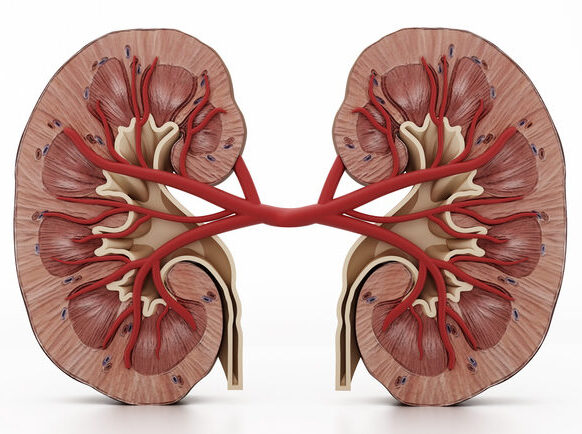
An artificial intelligence (AI)-based tool developed at the University of Coventry in the U.K. can help enhance decision making about kidney transplants by providing information about likely outcomes.
Making the decision about who will receive an organ from a deceased donor is always a difficult one, as many people need donor organs and there are a number of factors that influence the outcome of organ transplantation.
Writing in the journal Renal Failure, the study authors explain that “prior models for predicting outcomes in organ transplantation have limited discriminative and calibration power, highlighting a need for improved prediction tools that can better guide clinical decision-making.”
The study tested different AI-based models to assess how accurate they were at predicting outcomes of kidney transplant across 29,713 cases that took place in the U.K. between 2008 and 2022.
The team tested three different machine learning models—XGBoost, Random Survival Forest, and Optimal Decision Tree—and found that XGBoost was best able to predict outcomes after transplant.
The researchers used XGBoost to create the U.K. Deceased Donor Kidney Transplant Outcome Prediction (UK-DTOP) tool, as an aid to clinicians and decision makers in this space.
The UK-DTOP was more accurate than the Kidney Donor Risk Index, currently used to assess potential outcomes for donors. For example, it achieved an area under the curve statistical score consistently above 0.72. In comparison, the highest AUC score achieved by the Kidney Donor Risk Index, currently used to assess potential outcomes, was 0.64. This score is used to assess discriminative ability and calibration.
“By harnessing the power of AI and machine learning, we’ve created a more accurate and reliable decision-support system, which could lead to improved donor selection, transplant strategies, and ultimately, better outcomes for kidney transplant patients,” said co-lead author Hatem Ali, a renal specialist at the University Hospitals Coventry and Warwickshire NHS Trust, in a press statement.
“The UK-DTOP offers hope for more efficient organ allocation and improved outcomes for patients in need.”
In addition to creating the UK-DTOP, the authors used the model out research on the dataset using unsupervised machine learning and discovered five distinct patient groups among the transplant recipients with differing outcomes. They now plan to use these findings to help improve outcome prediction for patients needing transplants.
Ali and the team acknowledged that while their results are promising, more work is needed to improve the model further. For example, making sure there is no missing data that could influence outcome predictions.









